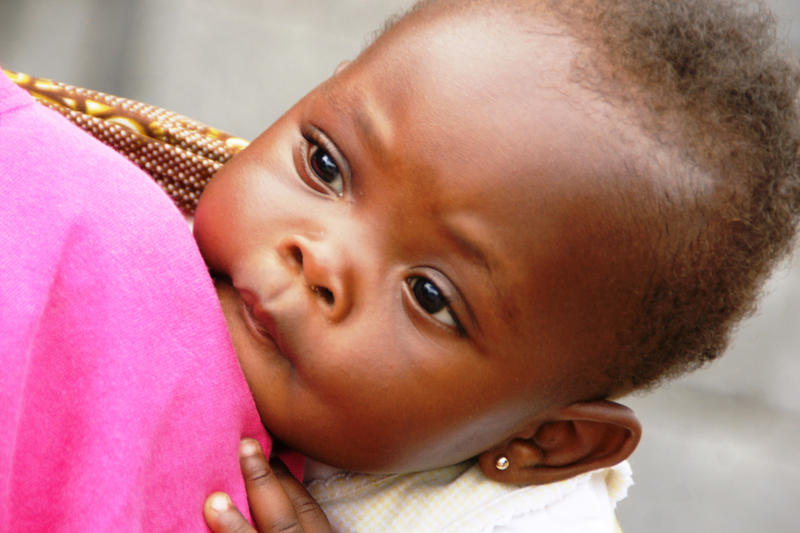
New Issue of Global Health Journal Focuses on Maternal Health
Global Health: Science and Practice is published by the Johns Hopkins Center for Communication Programs’ Knowledge for Health project, which is supported by USAID.

Global Health: Science and Practice is published by the Johns Hopkins Center for Communication Programs’ Knowledge for Health project, which is supported by USAID.
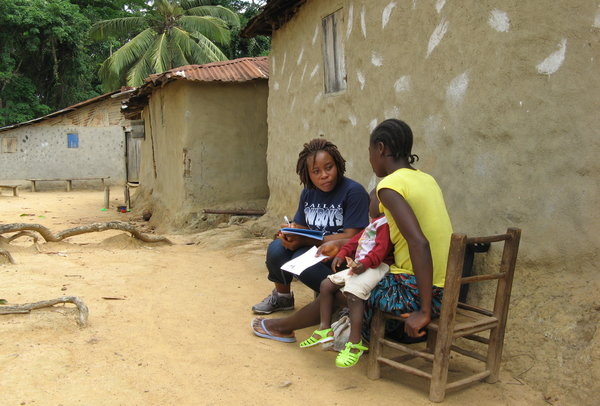
DHS has collected important health data through more than 300 surveys in more than 90 countries since 1984. CCP has been part of the project for 15 years.

The meetings, one led by CCP, will bring together social and behavior change practitioners from across the continent to learn from one another.
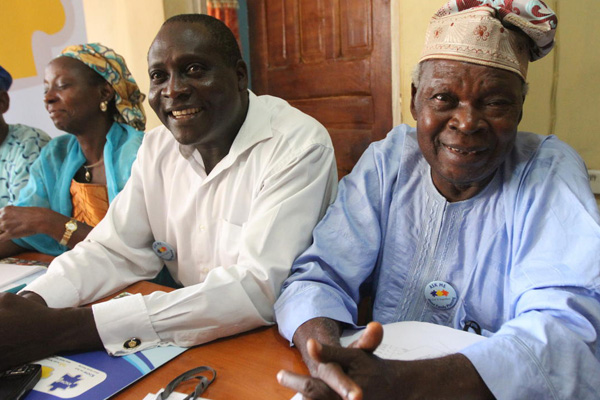
Women in Nigeria whose clerics extol the benefits of family planning were significantly more likely to adopt modern contraceptive methods, new research suggests, highlighting the importance of engaging religious leaders to help increase the country’s stubbornly low uptake of family planning services.
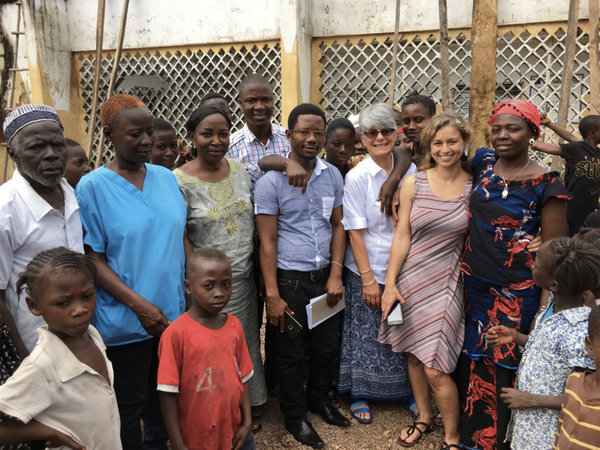
Jane Brown is an advocate for thinking about and addressing the way that disease spreads, biologically and socially, especially when it comes to HIV among women.
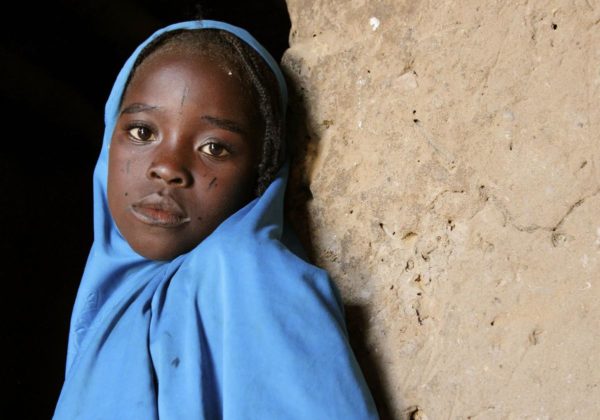
Harmful gender, religious and cultural norms contribute to risky pregnancies in older women and women who already have five or more children, endangering the lives of these women and their babies, new CCP research suggests.
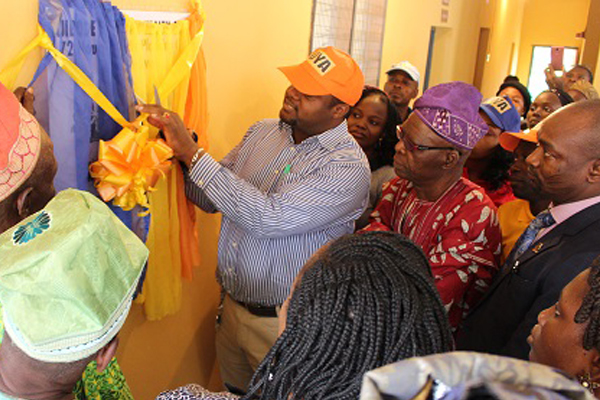
After each clinic makeover, the use of modern family planning services there increased significantly. Renovating the environment makes it more appealing, cleaner and motivates clients to seek care at the facility.
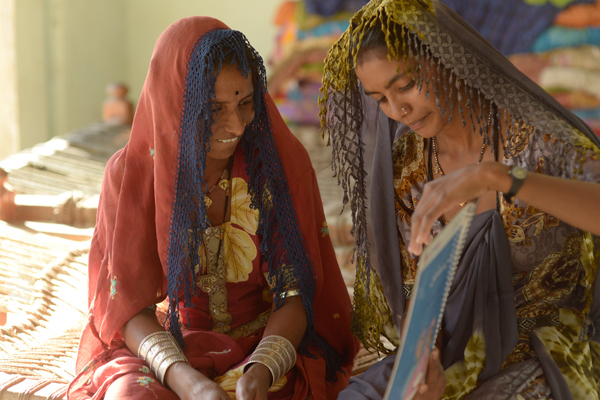
Over the course of five years, the CCP-led Health Communication Component developed a suite of tools to support front line health workers, led numerous trainings with community outreach and contributed thought leadership in the area of community health. Overall, HCC touched the lives of more than two million people residing in Sindh province.
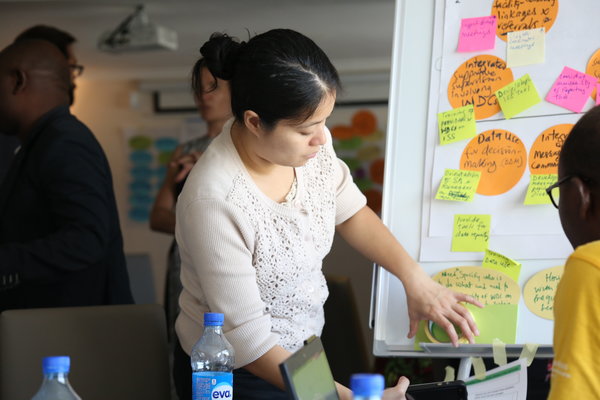
In the five months since the Johns Hopkins Center for Communication Programs was awarded the five-year, $300-million Breakthrough ACTION project by the U.S. Agency for International Development, seven countries have already signed on to the social and behavioral change project. Along with those seven countries
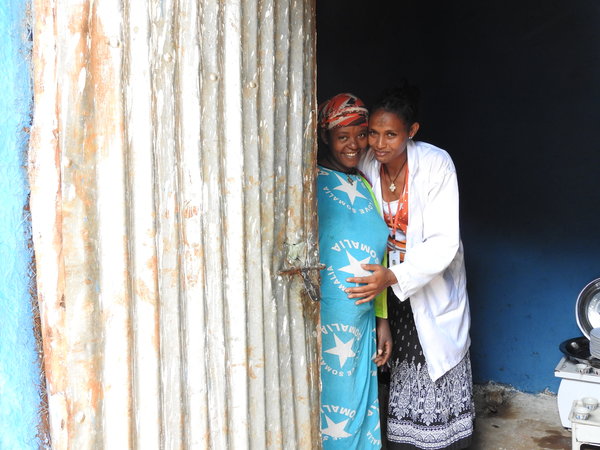
A top priority of Ethiopian health officials is to get more women to give birth in health facilities, rather than at home in their rural villages where they and their newborns are at greater health risk, especially if there are complications. But many women live
Receive the latest news and updates, tools, events and job postings in your inbox every month